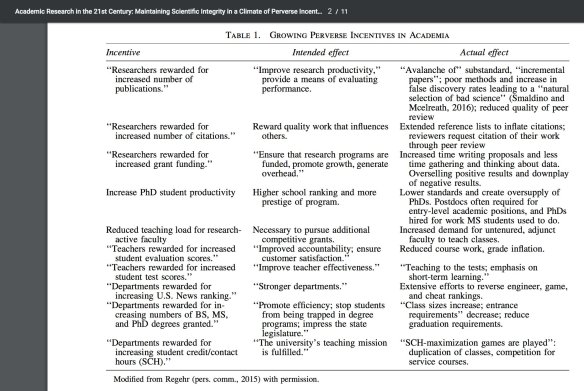Thank you Penny Wilson. General Practice is exactly this; adaptable responsive and human. We were intent as an organising committee to not pursue the traditional pedagogy of medical conferences which isolate the intellectual pursuit of excellence from the excellent pursuit of our own humanity. I am so proud we had participants holding babies we had eight year olds playing in the Sim emergency sessions and four year olds sitting on mummy’s knee while she talked on stage. Later I heard he held the microphone for a prominent Australian GP researcher. We had Charlie the rescue dog whose early traumatic and abused life was invisible as he wandered around tail wagging collecting hearts minds and pats off GP delegates. Bringing humanity into our workplace is one of my passions. Without this we are mere automatons and the risks of a less integrated life to both doctors and their patients are not inconsiderable. We were also proud to support #crazysocksforDocs on June 1st.
Keeping it real.
Never perfect.
Which is the only thing to be.Thanks to all our contributors our participants our sponsors our critics and co-conspirators.
None of us do alone.
GPs Down Under, as an entity, is kind of a hard thing to describe.
In it’s most basic form it’s a Facebook group of over five thousand Aussie and Kiwi GPs. Depending on the day, and who you talk to, it’s also a national park, a family, a support group, an educational resource, an advocacy platform, a source of entertainment, a soapbox and a time-sink. Sometimes it’s ablaze with controversy. Sometimes, it’s a lifeline for drowning colleagues.
Indeed, this motley crew of so many GPs from across the spectrum of cultural, geographical and clinical backgrounds was always bound to end up as complex and varied as general practice itself.
So I was interested to see what would would happen when, last week, a couple of hundred of those GPDU souls congregated on the Gold Coast for the first ever conference. And believe me, #GPDU18 was NOT your typical GP conference.
View original post 569 more words



![noinotes_march_2015large[2]](https://karenpriceblog.files.wordpress.com/2016/09/noinotes_march_2015large2.jpg?w=584&h=315)